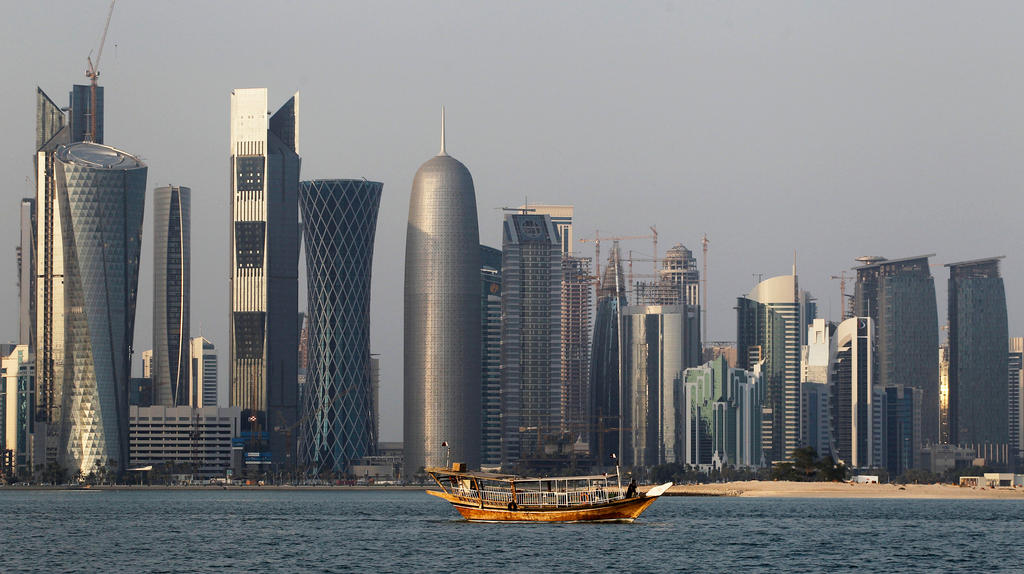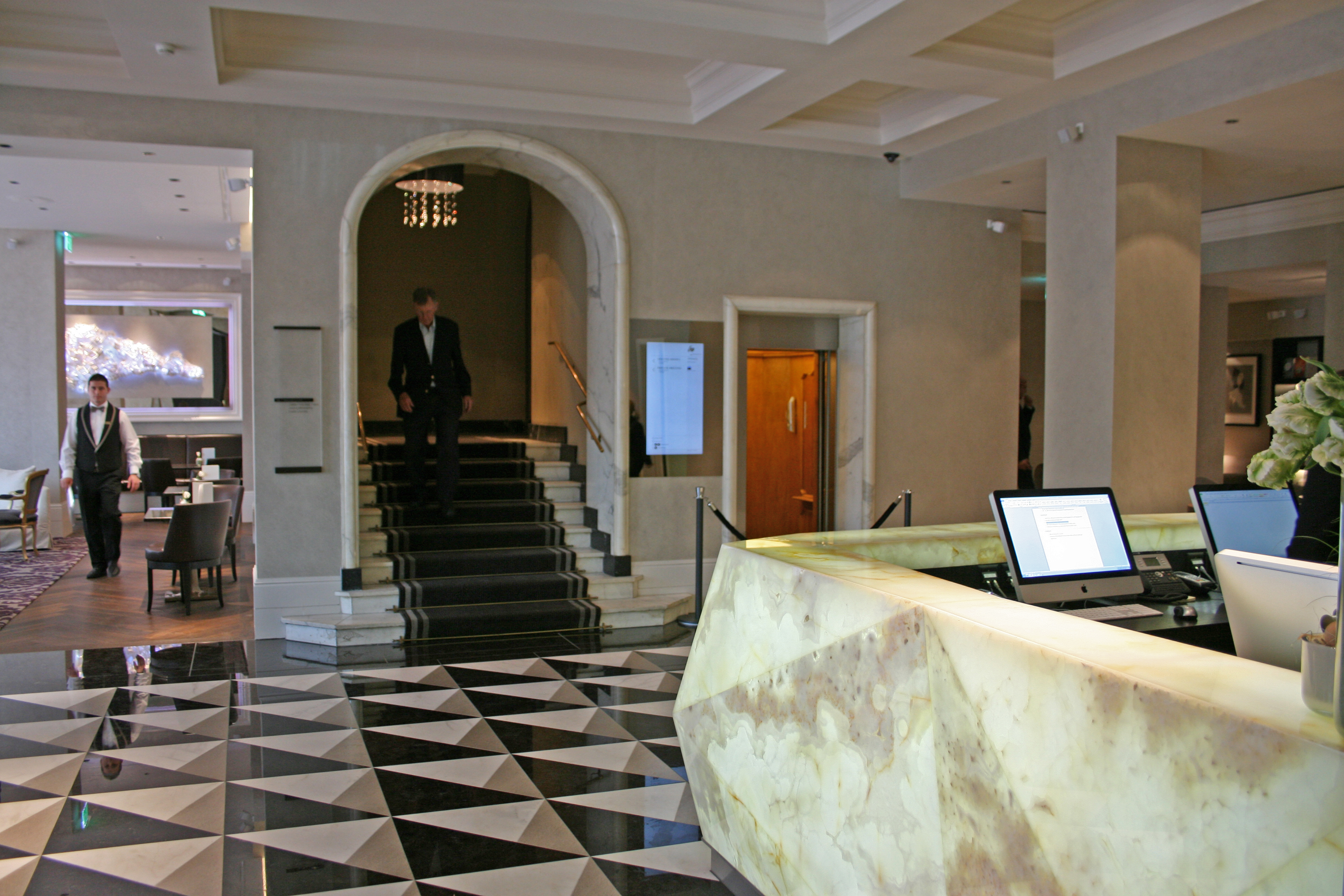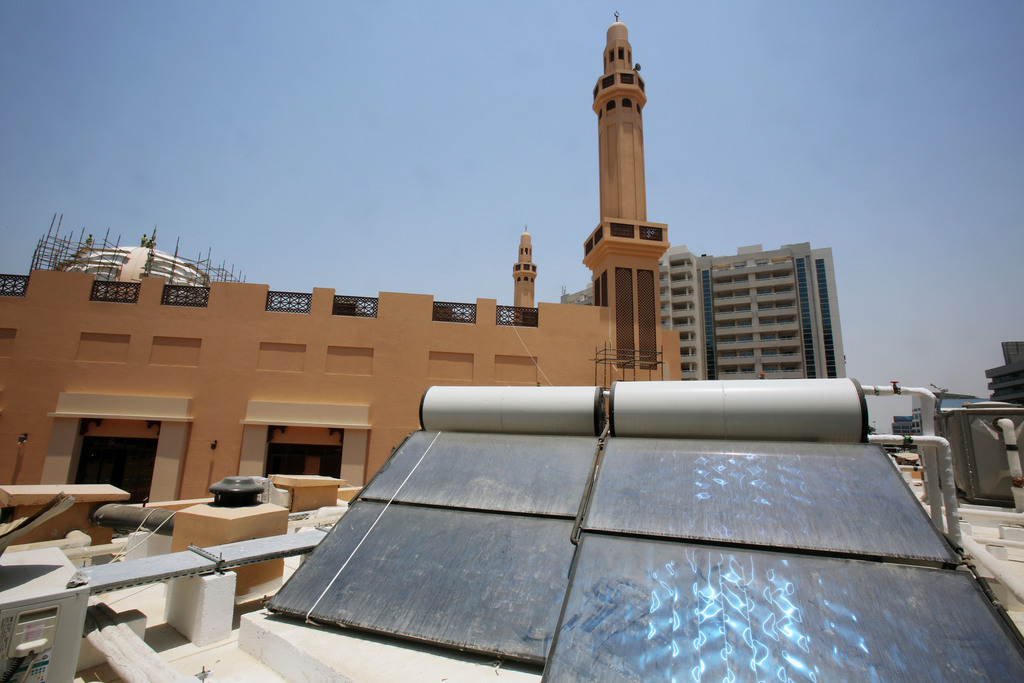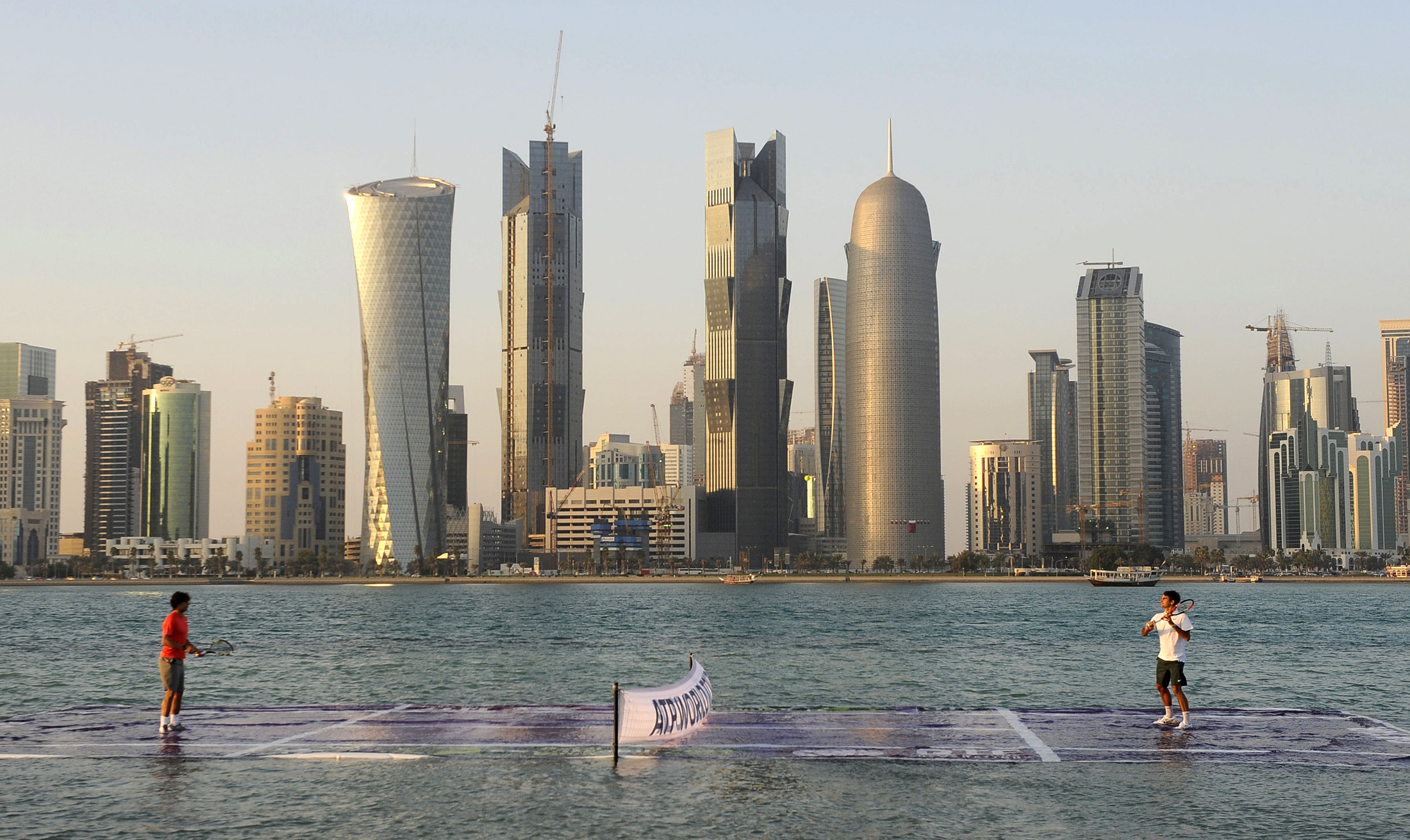Qatari investments in Swiss firms start to look awkward

The isolation and blockade of Qatar by neighbours on the grounds of suspected terrorist financing has raised uncomfortable questions about the Middle Eastern country’s global investments – including those in Switzerland.
The Qatar Investment Authority (QIA) sovereign wealth fund has significant stakes in Credit Suisse (and a joint partnership with the bank in the Aventicum Capital Management investment vehicle), commodity trading giant Glencore (with which QIA recently formed a consortium to buy large numbers of shares in Russian oil giant Rosneft), travel retailer Dufry and several Swiss hotels.
The $335 billion (CHF323 billion) Qatari investment fund also has significant holdings in other parts of the world. In Britain it has stakes in Harrods department store and Heathrow airport, in Germany Volkswagen and Siemens and in the United States a large real estate portfolio – the list goes on.
On June 5, connections with Qatar suddenly looked less attractive as Saudi Arabia led a region-wide clampdown on the country it accused of funding Islamic terrorist movements. Not only were diplomatic relations cut, but blockades were imposed on land, sea and air routes, seriously restricting the movement of goods and people to Qatar.

More
Qatar bankrolls revamped five-star hotel
The action also raised previous suspicions of Qatar’s involvement with terrorist groups to a much higher level. “If you have a large investor on your share book that is perceived to be sponsoring terrorist movements, you have a serious reputational risk,” said Sven Behrendt, managing director of Geneva-based risk management consultancy GeoEconomicaExternal link.
“The situation in the Middle East is very messy so you have to know who your investors are. You can’t afford to be cavalier.”
Opaque fund
A Credit Suisse spokesman said the bank does “know” one of its largest shareholders and continues to “maintain regular contact and professional relationships” with them. QIA took its large stake in Credit Suisse in 2008 in the midst of the global financial crisis. Without QIA’s capital injection, Credit Suisse would likely have needed a state bailout.
The Tages-Anzeiger newspaper reported that QIA receives an annual dividend of around CHF50 million a year from Credit Suisse and an additional CHF400 million from other investments at the bank. Between 2010 and this year, Qatar had a representative on the bank’s board of directors.
Judging the independence of QIA investment strategy from the country’s political rulers is difficult, according to GeoEconomica. In 2014, the consultancy compiled a list of sovereign wealth funds, measuring their compliance with a self-regulatory code of conduct known as the Santiago PrinciplesExternal link.
QIA was the only fund to be listed as non-compliant as it was shrouded in a veil of opacity to any public scrutiny. That situation has not changed, according to Behrendt. This makes it impossible to know how strictly the fund complies with the Santiago Principles, which includes transparency of investment objectives.
The Swiss Financial Market Supervisory Authority (FINMA) declined to comment on the subject of QIA and Credit Suisse.
No business as usual
The potential economic impact of Qatar presents another possible problem for companies tied up with its sovereign wealth fund. Qatar will be feeling an acute economic pinch should no solution be found to the impasse soon, according to Jean-Marc Rickli, head of global risk at the Geneva Centre for Security PolicyExternal link.
“It’s almost impossible to go about normal business under such conditions. The business environment relies on stability to operate normally,” he said. “With restricted access to Middle East ports, Qatar’s maritime operations will likely be affected as is its national airline company Qatar Airways. Qatar relies on most of its raw materials and many of its workers from the outside.”
Rickli believes that Qatar “cannot last long” under the present conditions and does not think its accusers will accept anything other than political capitulation. Sven Behrendt’s ‘baseline’ scenario is for a compromise to be found for the region in the near future, but he does not rule out the situation lasting “until the boxed-in Qataris feel pain”.
In such a situation, Qatar may need to “liquidate some assets to offset the implications of the blockade”. That would hardly include crown jewel investments at a first stage, Behrendt suggests, but the blockade could potentially have some impact on QIA’s investment policy.
Glencore declined to comment for this article.

In compliance with the JTI standards
More: SWI swissinfo.ch certified by the Journalism Trust Initiative




You can find an overview of ongoing debates with our journalists here. Please join us!
If you want to start a conversation about a topic raised in this article or want to report factual errors, email us at english@swissinfo.ch.